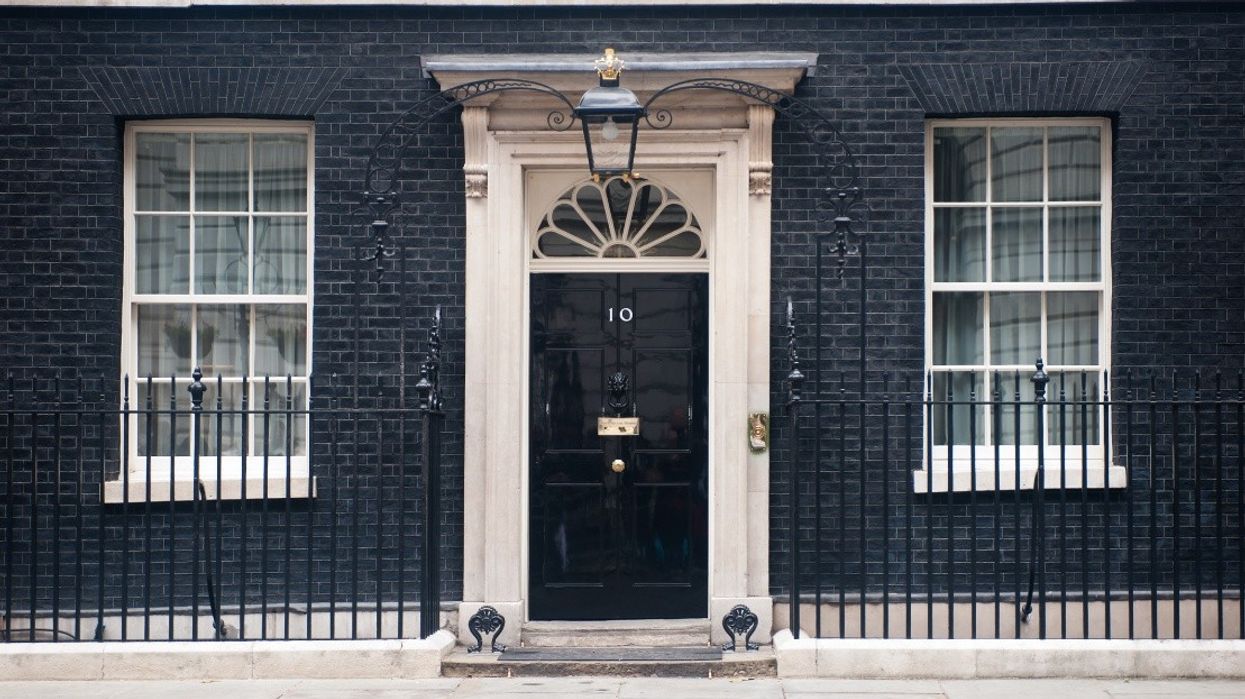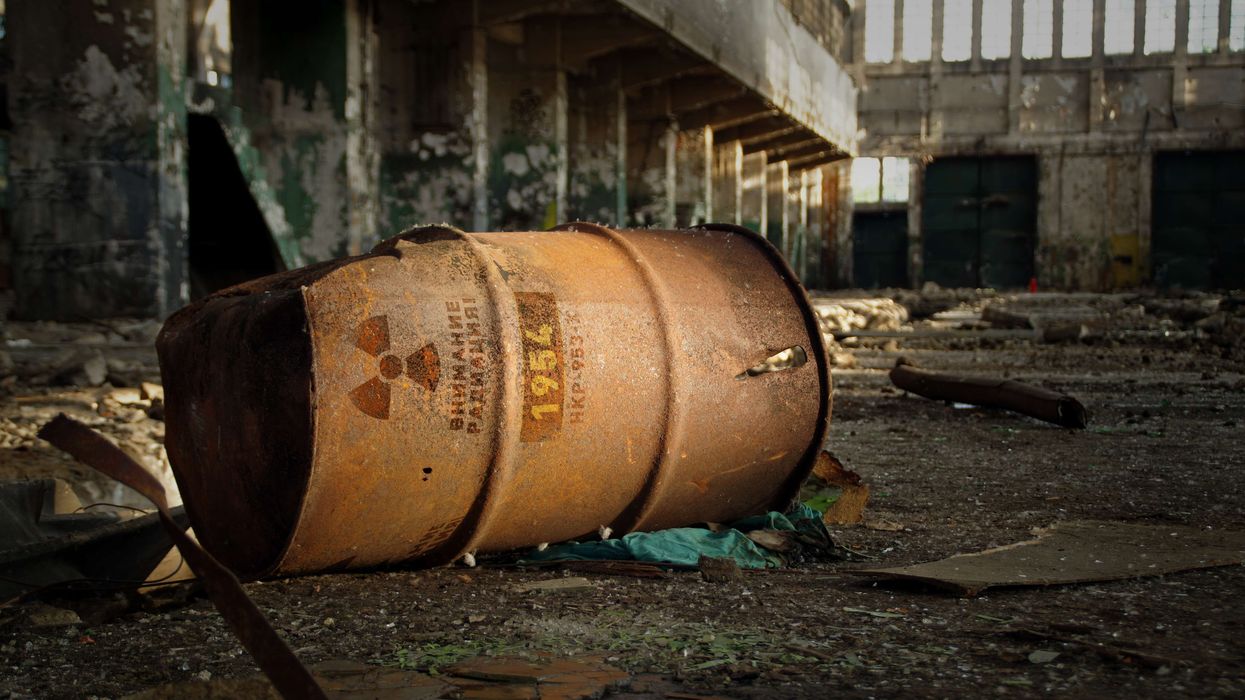Labour has championed liberal immigration since the Blair era, reshaping UK borders. But that legacy brings practical challenges. We examine the threats now facing Britain and controversial MPs within the party. One ongoing issue is how easily migrants can settle in the UK under current policies, influencing public debate and political strategies.
Labour’s Open-Door Policies and Security Risks
Labour’s long-term support for immigration reflects its commitment to equality and global responsibility. But critics argue it now fuels integration issues and security concerns. In 2019, net migration reached 728,000 – now slated to fall under new Labour plans. Yet rapid change leaves communities struggling to adapt and has triggered debate over whether current policies make it too easy for migrants to settle in the UK without adequate vetting or integration support.
Recent security alerts show the risks. Intelligence reports caution that some new arrivals may face radicalisation through extremist networks. That concern aligns with the government's decision to maintain the terror threat level at “substantial”. Tensions arise when openness meets threat.
Controversial Labour MPs and Ideological Divisions
Labour hosts a spectrum of views on migration and foreign policy. Jonathan Hinder, MP for Pendle and Clitheroe, warns against “capitalist dream” immigration. He promotes caps and stricter asylum policy. His stance echoes working-class concerns over wage suppression and housing pressure.
Ian Austin, a former Labour MP, also backed tighter borders. He supported fingerprinting and deporting illegal entrants post-2014. His views cost him support among the party's left wing, yet gained praise from moderates worried about migrant-related crime.
Several Labour MPs have faced scrutiny over perceived alignment with pro‑Palestinian groups. Apsana Begum drew criticism in 2023 for posing with the Palestine Solidarity Campaign. Afzal Khan apologised after photos at a PSC stall appeared amid a Hamas attack. Though the party left MPs untouched, critics warned this undermines confidence in Labour's stance on extremism.
In Parliament, 56 Labour MPs recently backed a Gaza ceasefire motion, defying leadership. Some resigned or were removed from their roles. Zarah Sultana, a vocal pro‑Palestinian MP, left Labour to form a separate party with Jeremy Corbyn. Such splits underscore ideological strain within the party.
Jeremy Corbyn and the Radical Legacy
Jeremy Corbyn remains a divisive figure in Labour’s immigration and foreign policy legacy. As party leader from 2015 to 2020, Corbyn consistently advocated for open-border policies and was a vocal critic of British foreign interventions. His approach attracted strong support among younger voters but raised alarm among centrists and national security officials.
He was criticised for referring to Hamas and Hezbollah as “friends” during a 2009 meeting, a comment he later said he regretted. Corbyn also opposed proscribing Hamas in full as a terrorist organisation, arguing it would damage peace efforts. Under his leadership, Labour was accused of tolerating extremist sympathies within its ranks. These controversies contributed to his suspension from the party and ultimately led to his removal from the parliamentary Labour group.
In 2025, Corbyn launched a breakaway movement alongside left-wing figures like Zarah Sultana, advocating for Palestinian solidarity and anti-border policies—positions that continue to draw both support and serious concern.
Immigration, Crime, and the Question of Whether It’s Too Easy for Migrants to Settle in the UK
Public unease has intensified amid rising crime in communities with high migrant populations. Some national polls suggest over half of Britons believe migration increases crime. Anecdotal reports from constituencies with significant migrant numbers support that view. Ian Austin endorsed stricter deportation policies to tackle foreign offenders.
Labour’s approach has shifted under Starmer. The 2025 immigration white paper aims to reduce net migration by 100,000 annually. Proposed reforms include raising visa requirements, extending settlement times, and tougher university entry rules. Yet debate rages about whether these measures go too far – or not far enough.
What Next for Labour and National Security?
Labour faces a delicate balancing act. It must rebuild trust as a responsible steward of borders and communities. Starmer’s “island of strangers” remark sparked backlash from MPs like Nadia Whittome, who said such language “mimics the far right”. Other MPs want even tougher action to ward off strong Reform UK challenges.
The shadow of radical ideologies adds complexity. Labour must distance itself from extremist positions. It must reassure voters without alienating communities that support Palestinian rights. The inclusion of MPs with controversial links to PSC demonstrates this tension.
For Labour, the path ahead includes several key tasks: implementing credible immigration controls, funding local integration initiatives, and clearly condemning extremist ideology. It also needs to unify its parliamentary ranks behind a coherent, moderate policy platform. Failure to do so risks both political credibility and public safety.

















